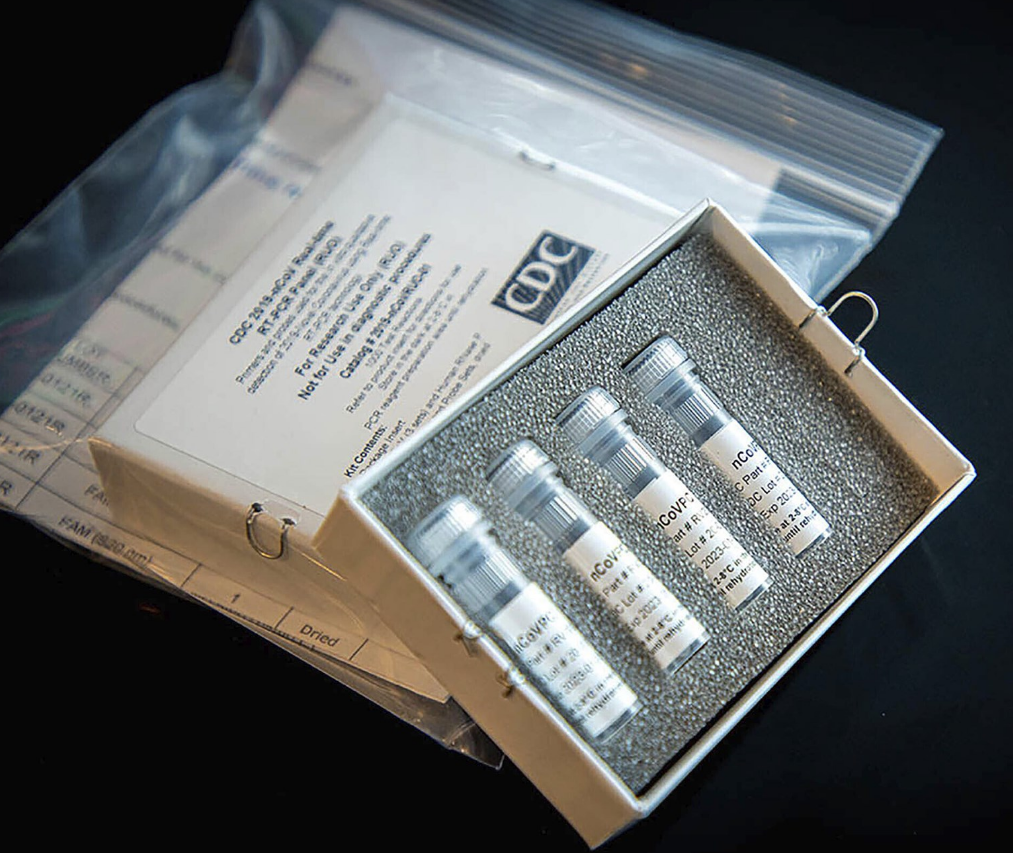Test kits, CDC says its coronavirus test kit is ready for primetime
"This has not gone as smoothly as we would have liked," Dr. Nancy Messonnier of the CDC said.
For more than a month, officials throughout the country have been asking the Centers for Disease Control and Prevention to enable more widespread testing for coronavirus.
But technical difficulties reduced the number of laboratories in the U.S. with working test kits to only about a dozen, including CDC headquarters in Atlanta. That delayed results for suspected patients and frustrated public health authorities.
Things changed this week: Top federal health officials announced they had modified the testing protocol, expanded criteria for who could be tested and worked out the technical problems with the tests, positioning more state and local laboratories to finally have the ability to test for COVID-19, the illness caused by the new coronavirus. But, the officials acknowledged, the process was rocky.

This week, the federal agency significantly broadened its criteria for testing. Before, testing was recommended only for those with symptoms, including fever and cough, who had recently traveled to China or had contact with an infected individual; on Thursday, the guidance was updated to include some patients with no clear source of exposure as well as those who had recently traveled to Italy, Iran, Japan or South Korea.
Azar, the HHS secretary, said on Friday that private labs will soon "be able to create their own test based on essentially the recipe that the CDC has used in their test kit," further expanding the country's testing capabilities.
"Now that the testing got expanded, I'm hoping and praying it's just in time in the sense that the test kits will be there, up and ready, where there's a need for more."
So far, fewer than 500 people have been tested in the U.S. for the coronavirus. In contrast, China has tested more than 300,000 people since the outbreak started there.
The test-kit issues were making officials at public health laboratories across the U.S. "anxious beyond belief," Becker said.
"We need to have testing as close to the population as possible," he said. "We're going to see what I call the popcorn effect, showing up here and there, because of return travelers. Now that the testing got expanded, I'm hoping and praying it's just in time in the sense that the test kits will be there, up and ready, where there's a need for more."
